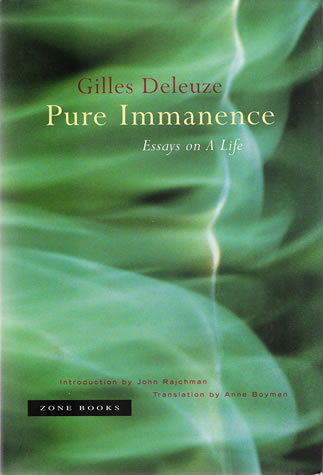
Social theory for a changing society.
Edited by Pierre Bourdieu and James S. Coleman.
1991, vii, 389 S
Contents
Prologue: Constructed Social Organization , James S. Coleman 1
COMMENTS
Michael Hechter , 14
Susan P. Shapiro , 16
PART ONE CHANGES IN TECHNOLOGY AND ORGANIZATIONAL RESPONSES
1 Moebius-Strip Organizations and Open Labor Markets: Some Consequences of the Reintegration of Conception and Execution in a Volatile Economy , Charles Sabel 23
COMMENTS
Richard Biernacki , 54
David Stark , 56
2 The Future of Bureaucracy and Hierarchy in Organizational Theory: A Report from the Field , Rosabeth Moss Kanter 63
COMMENTS
Peter Hedström , 87
Edward O. Laumann , 90
3 Indirect Relationships and Imagined Communities: Large-Scale Social Integration and the Transformation of Everyday Life , Craig Calhoun 95
COMMENTS
Gudmund Hernes , 121
Edward Shils , 126
PART TWO CHANGES IN CULTURAL INSTITUTIONS AND CULTURAL TRANSMISSION
4 Social Structure, Institutions, and Cultural Goods: The Case of the United States , Paul DiMaggio 133
COMMENTS
Wendy Griswold , 156
Richard A. Peterson , 159
5 The New and the Old in Religion , Thomas Luckmann 167
COMMENTS
Andrew Greeley , 182
Seymour Martin Lipset , 185
6 Families, Childrearing, and Education 189
Opening Remarks , Charles E. Bidwell 189
Institutions and Human Capital Development , Mary C. Brinton 194
Individuals, Institutions, and Academic Achievement , James W. Stigler 198
PART THREE CHANGES IN SYSTEMS OF SOCIAL CONTROL
7 On the Individualistic Theory of Social Order , Alessandro Pizzorno 209
COMMENTS
Rogers Brubaker , 234
Donald N. Levine , 238
8 Discretion, Institutions, and the Problem of Government Commitment , Kenneth A. Shepsle 245
COMMENTS
Russell Hardin , 263
9 Law Without Accidents , Kim Lane Scheppele 267
COMMENTS
Jack Goldstone , 293
Michael Hechter , 296
PART FOUR NEW POLITICAL BOUNDARIES AND NEW POLITICAL FORMS
10 Bounded States in a Global Market: The Uses of International Labor Migrations , Aristide R. Zolberg 301
COMMENTS
Charles C. Ragin , 325
George Steinmetz , 329
11 Intellectuals and Domination in Post-Communist Societies , George Konrad and Ivan Szelenyi 337
COMMENTS
Seymour Martin Lipset , 364
Klemens Szaniawski , 369
Epilogue: On the Possibility of a Field of World Sociology , Pierre Bourdieu 373
About the Book and Editors 389
bourdieu rules!





















